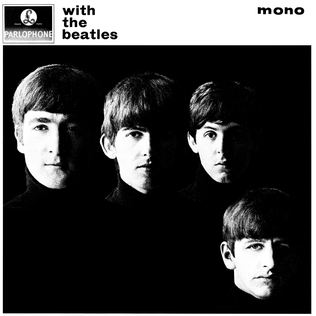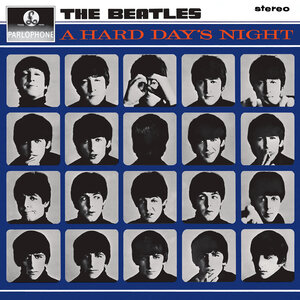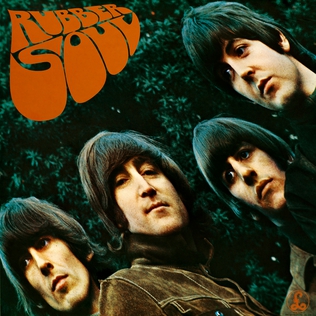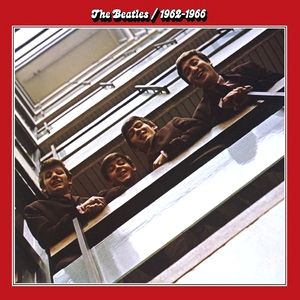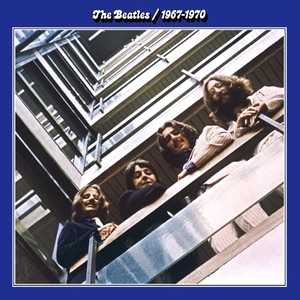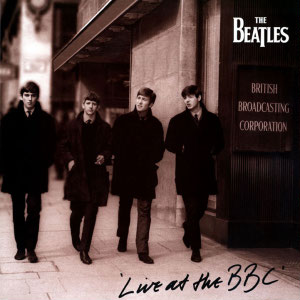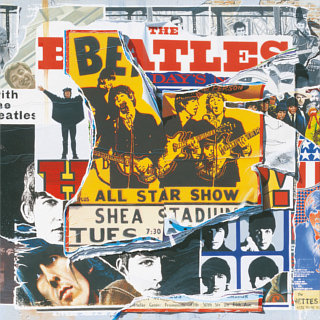About "Rain"
"Rain" is a song by the English rock band the Beatles, released on 30 May 1966 as the B-side of their "Paperback Writer" single. Both songs were recorded during the sessions for Revolver, although neither appear on that album. "Rain" was written by John Lennon and credited to the Lennon–McCartney partnership. He described its meaning as "about people moaning about the weather all the time".The song's recording contains a slowed-down rhythm track, a droning bass line and backwards vocals. Its release marked one of the first times that reversed sounds appeared in a pop song, although the Beatles used the same technique on the Revolver track "Tomorrow Never Knows", recorded days earlier. Ringo Starr considers "Rain" his best recorded drum performance. Three promotional films were created for the song, and they are considered among the early precursors of music videos.
Top songs by Beatles
 Let It Be
Let It Be Hey Jude
Hey Jude I Want To Hold Your Hand
I Want To Hold Your Hand Come Together
Come Together A Day In The Life
A Day In The Life Yesterday
Yesterday A Hard Day's Night
A Hard Day's Night All You Need Is Love
All You Need Is Love Michelle
Michelle Ob—la—di, Ob—la—da
Ob—la—di, Ob—la—da And I Love Her
And I Love Her While My Guitar Gently Weeps
While My Guitar Gently Weeps Besame Mucho
Besame Mucho Across The Universe
Across The Universe In My Life
In My Life Blackbird
Blackbird Help!
Help! Roll Over Beethoven
Roll Over Beethoven All My Loving
All My Loving Get Back
Get Back Love Me Do
Love Me Do Here Comes The Sun
Here Comes The Sun Yellow Submarine
Yellow Submarine I Saw Her Standing There
I Saw Her Standing There Girl
Girl Back In The U.s.s.r.
Back In The U.s.s.r. Can't Buy Me Love
Can't Buy Me Love Norwegian Wood (this Bird Has Flown)
Norwegian Wood (this Bird Has Flown) Day Tripper
Day Tripper Eleanor Rigby
Eleanor Rigby Hello, Goodbye
Hello, Goodbye Carol
Carol
"Rain" video by Beatles is property and copyright of its owners and it's embedded from Youtube.
Information about the song "Rain" is automatically taken from Wikipedia. It may happen that this information does not match with "Rain".
SONGSTUBE is against piracy and promotes safe and legal music downloading. Music on this site is for the sole use of educational reference and is the property of respective authors, artists and labels. If you like Beatles songs on this site, please buy them on Itunes, Amazon and other online stores. All other uses are in violation of international copyright laws. This use for educational reference, falls under the "fair use" sections of U.S. copyright law.

